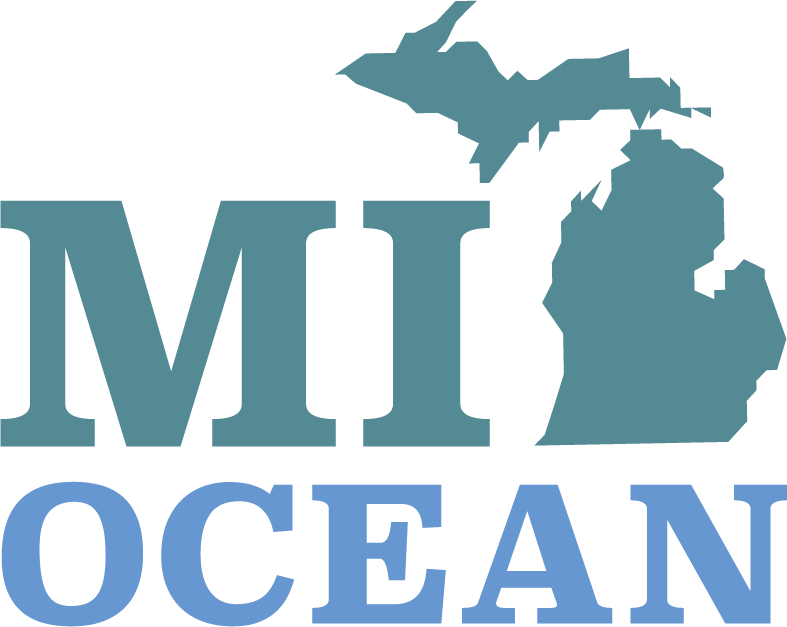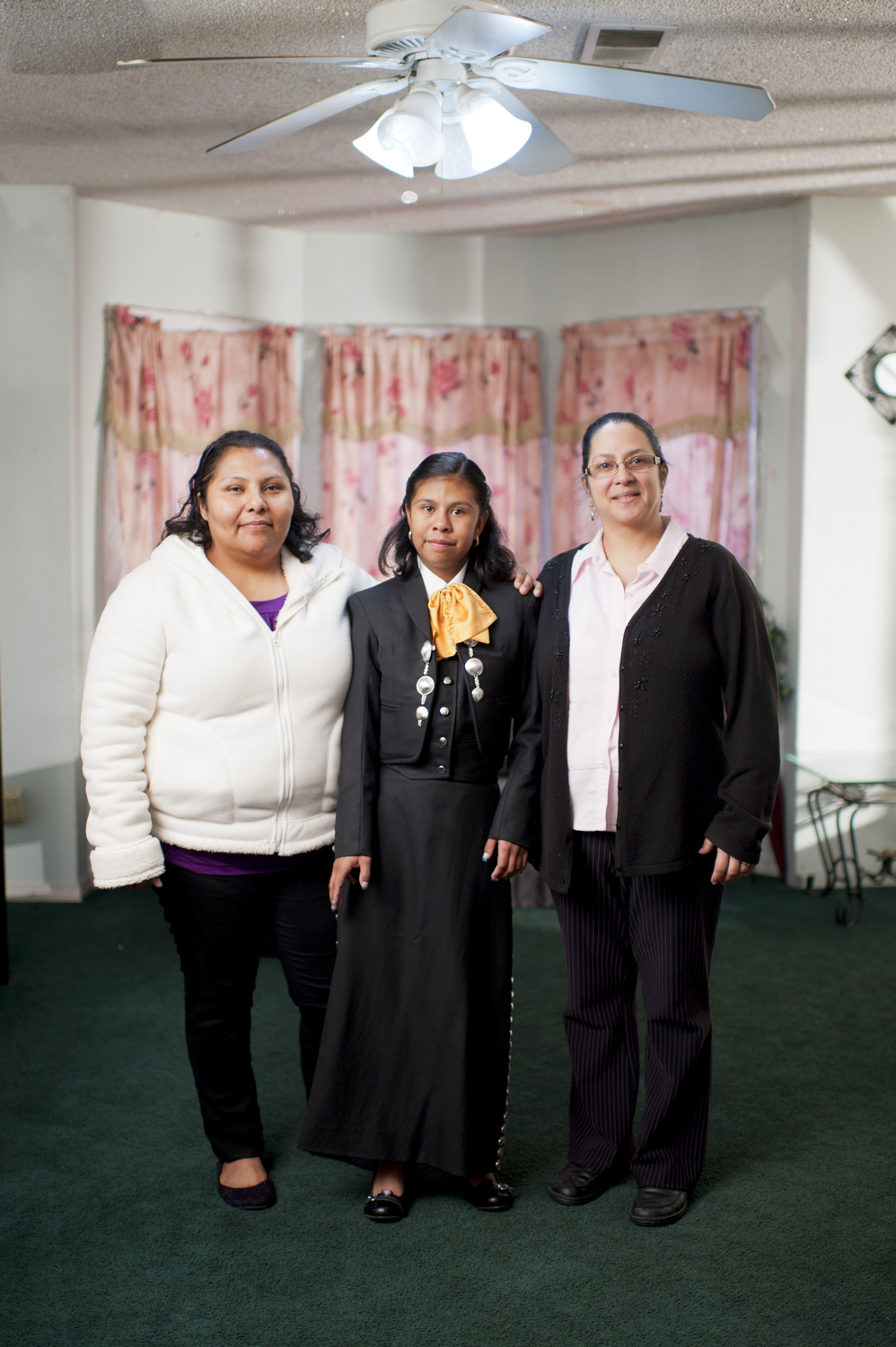MI-OCEAN Caregiver Support Project


Providing care can be exhausting and can leave the caregiver feeling isolated and hopeless. It can also be complicated to get the help needed for yourself as well as the person you support. MI-OCEAN addressed the negative health impacts aging caregivers face when tackling their own age-related issues while supporting adults with autism and other neurodevelopmental disabilities.
MI-OCEAN supported aging caregivers, 55 years and older, who provided 20 or more hours of support per week to 'emerging' adults (aged 22 years and older) with autism spectrum disorder and other neurodevelopmental and developmental disabilities (ASD/NDD). Family Support Navigators (FSN) who are themselves aging caregivers were trained to empower their peers to navigate complex systems, increasing their confidence and improving their well-being.
Mission
MI-OCEAN aligns with MI-DDI's mission to contribute to the development of inclusive communities and quality of life for people with disabilities and their families through a culturally sensitive statewide program of interdisciplinary education, community support and services, research and dissemination of information.
Families and Services
MI-OCEAN served caregivers, age 55 or older, who care for an adult with intellectual/developmental disabilities and autism for at least 20 hours per week. Caregivers:
- Worked with a Family Support Navigator (FSN) to navigate complex service systems
- Developed an Individualized Plan with goals that addressed the needs of the caregiver and the individual they support
- Were connected with the resources needed to achieve their goals
- Worked with an FSN to improve the health and quality of life for caregivers and the individual they support
For more information about this important work, please contact MI-OCEAN Project Manager, Elizabeth Janks:

Email Elizabeth: e.janks@wayne.edu
Call Elizabeth: (313) 577-6368